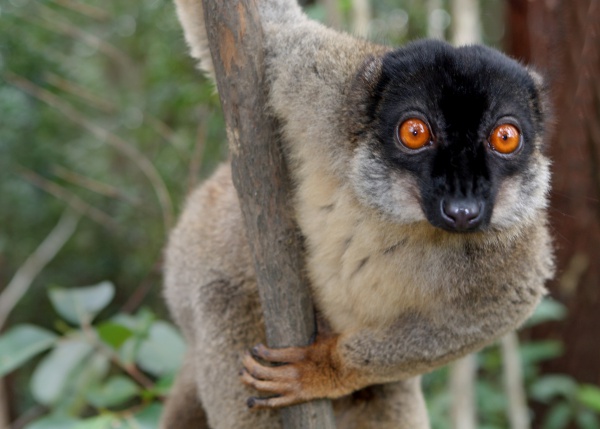Facts About Brown Lemur
The common brown lemur, a member of the Lemuridae family, is indigenous to Madagascar and Mayotte. These lemurs prosper in diverse forest habitats and have a diet that comprises fruits, leaves, flowers, and occasionally invertebrates.
Primarily diurnal, common brown lemurs live in social groups characterized by the absence of clear dominance hierarchies, making their social structure quite distinctive. Additionally, they exhibit cathemeral activity, which means they can be active at any time of the day or night, modifying their behavior based on factors such as moon phases and seasonal variations.
Reproduction for these lemurs generally occurs in May and June, with a gestation period of about 120 days. Over time, the taxonomy of lemurs has been refined, with several subspecies now classified as distinct species.
Physically, the common brown lemur possesses distinctive traits and a broad geographic range. Their social interactions are remarkable for including reconciliation behaviors following conflicts, underscoring their complex social dynamics.
